Ubiquiti airMAX 2.4 GHz Rocket MIMO, airMAX – RocketM2
Overview
Featuring mix-and-match industrial design, the Rocket™ is a Ubiquiti Networks® airMAX® BaseStation that supports speeds of up to 150+ Mbps real TCP/IP throughput. It is ideal for deployment in Point-to-Point (PtP) bridging or Point-to-MultiPoint (PtMP) airMAX applications. Flexibility
The Rocket is available in several frequency models: 900 MHz, 2.4 GHz, 3/3.65 GHz, and 5 GHz, to support your specific application. You have the freedom to locate, deploy, and operate the Rocket in these unlicensed bands (subject to local country regulations).
The Rocket allows for a high degree of flexibility in configuring channel
bandwidths: 2, 3, 5, 8, 10, 20, 25, 30, and/or 40 MHz, depending on the specific product model and local country regulations.
Plug and Play Integration
Rocket radios and airMAX antennas have been designed to seamlessly work together. Every airMAX Sector, RocketDish™, Omni, or Yagi antenna has a built-in Rocket mount, so installation requires no special tools. Snap the Rocket securely into place and mount the antenna; then you have the optimal combination of Rocket radio and airMAX antenna for your PtP or PtMP application. airMAX Technology Included
Unlike standard Wi-Fi protocol,
Ubiquiti’s Time Division Multiple Access (TDMA) airMAX protocol allows each client to send and receive data using pre-designated time slots scheduled by an intelligent AP controller.
This time slot method eliminates hidden node collisions and maximizes
airtime efficiency. It provides many magnitudes of performance improvements in latency, throughput, and scalability compared to all other outdoor systems in its class.
Intelligent QoS Priority is given to voice/video for seamless streaming.
Scalability High capacity and scalability.
Long Distance Capable of high-speed, carrier-class links.
airMAX TDMA Technology
Up to 100 airMAX stations can be connected to an airMAX Sector; four airMAX stations are shown to illustrate the general concept.
Software
Built upon an intuitive user interface foundation, airOS® 5 is an advanced operating system for Ubiquiti airMAX M Series products.
- airMAX Protocol Support
- Long-Range PtP Link Mode
- Transmit Power Control: Automatic/Manual
- Automatic Distance Selection
(ACK Timing)
- Device Statistics
- Diagnostic Tools
Integrated on all Ubiquiti M products, airView® provides advanced spectrum analyzer functionality: waterfall, waveform, and real-time spectral views allow operators to identify noise signatures and plan their networks to minimize noise interference.
- Waterfall Aggregate energy over time for each frequency.
- Waveform Aggregate energy collected.
- Real-time Energy is shown in real time as a function of frequency.
- Recording Automate airView to record and report results.
Rocket™ radios seamlessly work together with airMAX® Sector, RocketDish™, Omni and Yagi antennas for PtP and PtMP links. Every airMAX antenna has a built-in Rocket mount, so no tools are needed to install the Rocket.
Advanced Software Technology
Ubiquiti’s airMAX® technology is proven in millions of deployments worldwide, exhibiting outstanding performance in outdoor environments. The TDMA airMAX protocol enables unprecedented scalability, high throughput and low latency in unlicensed, multipoint networks.
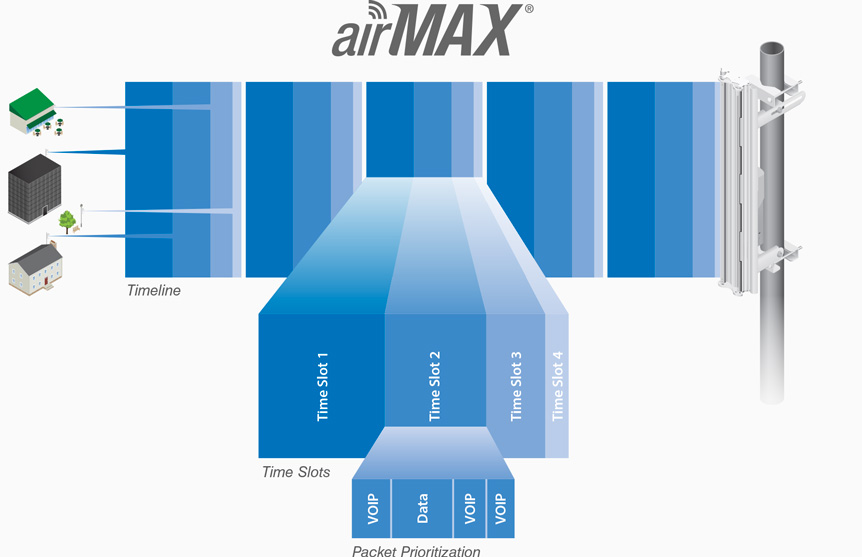
Frequency and Channel Flexibility
Built to survive harsh environments, the Rocket™M is available in several frequency models and supports multiple channel bandwidths, depending on the specific model and local country regulations.
Spectrum Analysis Tools
The airView® Spectrum Analyzer allows operators to identify noise signatures and analyze frequency usage and activity levels onsite, so new access points can be set up on the least-used channels to optimize wireless performance.

Specification
M2 Physical / Electrical / Environmental Information |
|||||
| Dimensions | 160 x 80 x 30 mm (6.30 x 3.15 x 1.18″) | ||||
| Weight | 500 g (1.1 lb) | ||||
| Enclosure Characteristics | Outdoor UV Stabilized Plastic | ||||
| Processor | MIPS 24Kc | ||||
| Memory | 128 MB SDRAM, 8 MB Flash | ||||
| Networking Interface | (1) 10/100 Mbps | ||||
| RF Connections | (2) RP-SMA (Waterproof) | ||||
| LEDs | Power, Ethernet, (4) Signal Strength | ||||
| Max. Power Consumption | 6.5W | ||||
| Power Supply | 24V, 1A PoE Adapter | ||||
| Power Method | Passive PoE (Pairs 4, 5+; 7, 8 Return) | ||||
| ESD/EMP Protection | ± 24KV Air / Contact | ||||
| Operating Temperature | -30 to 75° C (-22 to 167° F) | ||||
| Operating Humidity | 5 to 95% Noncondensing | ||||
| Shock and Vibration | ETSI300-019-1.4 | ||||
M2 Software Information |
|||||
| Modes | Access Point, Station | ||||
| Services | Web Server, SNMP, SSH Server, Telnet , Ping Watchdog, DHCP, NAT, Bridging, Routing | ||||
| Utilities | Antenna Alignment Tool, Discovery Utility, Site Survey, Ping, Traceroute, Speed Test | ||||
| Distance Adjustment | Dynamic Ack and Ackless Mode | ||||
| Power Adjustment | Software Adjustable UI or CLI | ||||
| Security | WPA2 AES Only | ||||
| QoS | Supports Packet Level Classification WMM and User Customer Level: High/Medium/Low | ||||
| Statistical Reporting | Up Time, Packet Errors, Data Rates, Wireless Distance, Ethernet Link Rate | ||||
| Other | Remote Reset Support, Software Enabled/Disabled, VLAN Support, 64QAM, | ||||
| 5/8/10/20/30/40 MHz Channel Width Support | |||||
| Ubiquiti Specific Features | airMAX Mode, Traffic Shaping with Burst Support, Discovery Protocol, Frequency Band Offset, Ackless Mode | ||||
M2 Compliance |
|||||
| Wireless Approvals | FCC, IC, CE | ||||
| RoHS Compliance | Yes | ||||
M2 Operating Frequency |
|||||
| Operating Frequency | 2402 – 2462 MHz | ||||
| Output Power | 28 dBm | ||||
| TX Power Specifications | RX Power Specifications | ||||
| Data Rate | Avg. TX | Tolerance | Data Rate | Sensitivity | Tolerance |
| 1 – 24 Mbps | 28 dBm | ± 2 dB | 1 – 24 Mbps | -97 dBm Min. | ± 2 dB |
| 36 Mbps | 26 dBm | ± 2 dB | 36 Mbps | -80 dBm | ± 2 dB |
| 48 Mbps | 25 dBm | ± 2 dB | 48 Mbps | -77 dBm | ± 2 dB |
| 54 Mbps | 24 dBm | ± 2 dB | 54 Mbps | -75 dBm | ± 2 dB |
| MCS0 | 28 dBm | ± 2 dB | MCS0 | -96 dBm | ± 2 dB |
| MCS1 | 28 dBm | ± 2 dB | MCS1 | -95 dBm | ± 2 dB |
| MCS2 | 28 dBm | ± 2 dB | MCS2 | -92 dBm | ± 2 dB |
| MCS3 | 28 dBm | ± 2 dB | MCS3 | -90 dBm | ± 2 dB |
| MCS4 | 27 dBm | ± 2 dB | MCS4 | -86 dBm | ± 2 dB |
| MCS5 | 25 dBm | ± 2 dB | MCS5 | -83 dBm | ± 2 dB |
| MCS6 | 23 dBm | ± 2 dB | MCS6 | -77 dBm | ± 2 dB |
| MCS7 | 22 dBm | ± 2 dB | MCS7 | -74 dBm | ± 2 dB |
| MCS8 | 28 dBm | ± 2 dB | MCS8 | -95 dBm | ± 2 dB |
| MCS9 | 28 dBm | ± 2 dB | MCS9 | -93 dBm | ± 2 dB |
| MCS10 | 28 dBm | ± 2 dB | MCS10 | -90 dBm | ± 2 dB |
| MCS11 | 28 dBm | ± 2 dB | MCS11 | -87 dBm | ± 2 dB |
| MCS12 | 27 dBm | ± 2 dB | MCS12 | -84 dBm | ± 2 dB |
| MCS13 | 25 dBm | ± 2 dB | MCS13 | -79 dBm | ± 2 dB |
| MCS14 | 23 dBm | ± 2 dB | MCS14 | -78 dBm | ± 2 dB |
| MCS15 | 22 dBm | ± 2 dB | MCS15 | -75 dBm | ± 2 dB |









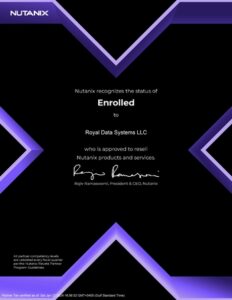

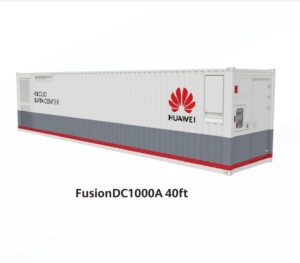
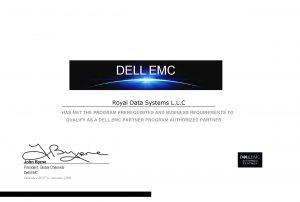


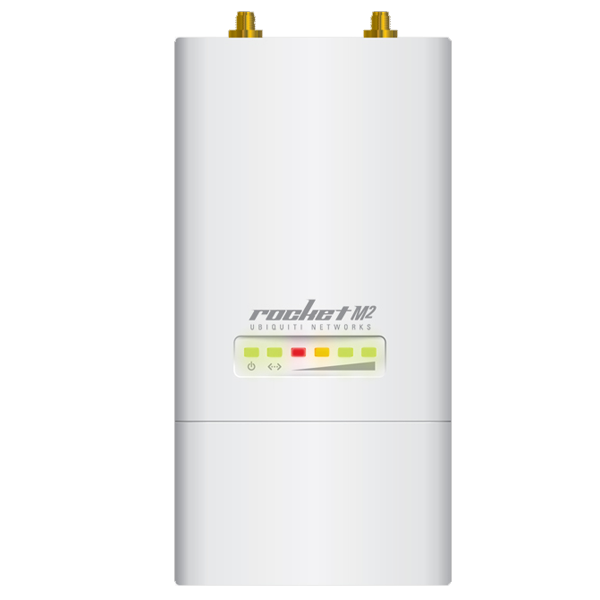
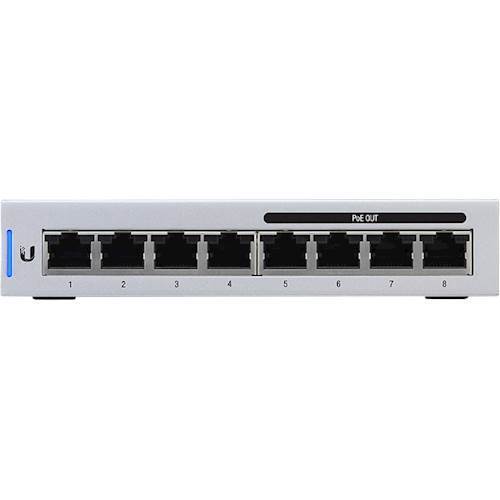
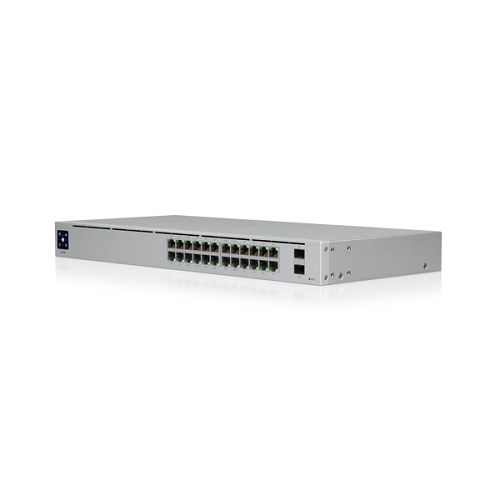
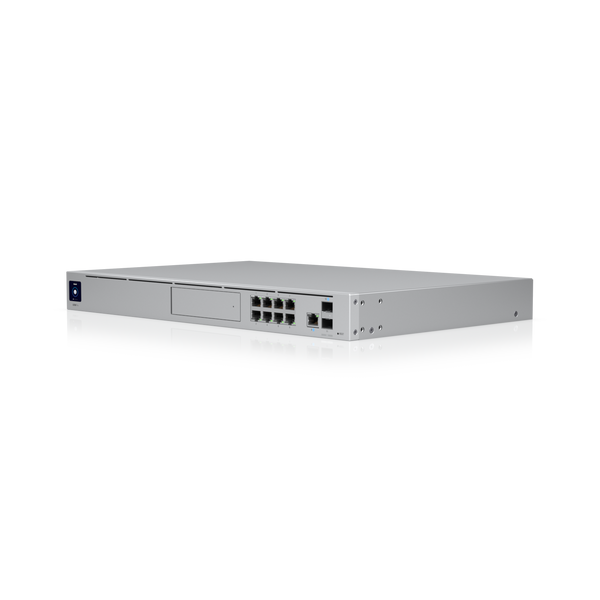

Reviews
There are no reviews yet.